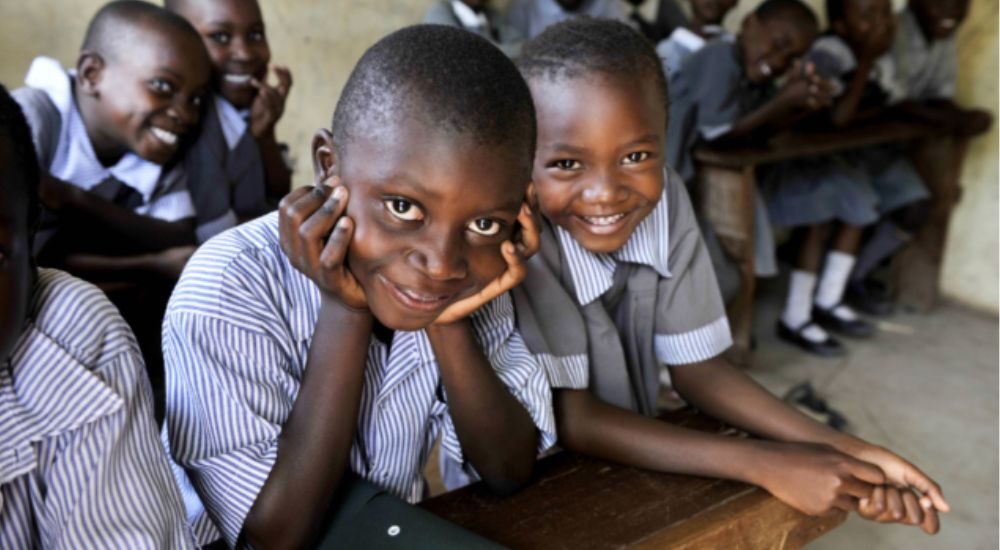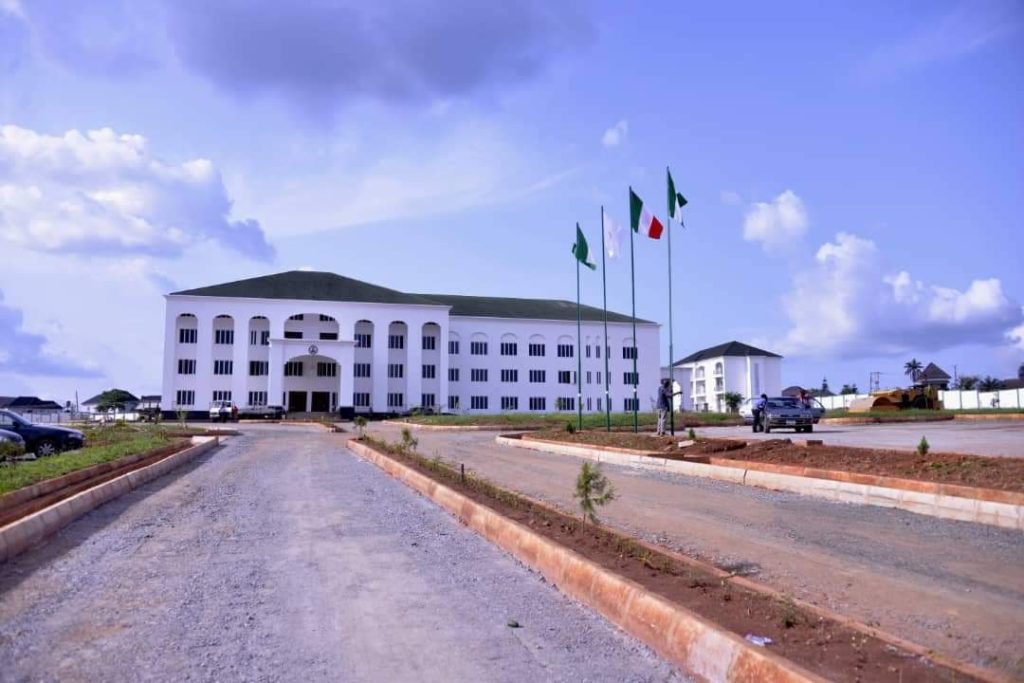Abia State Enforces Strict Truancy Laws: Arrests and Fines Aim to Reduce Out-of-School Children

Crackdown Sparks Debate on Poverty vs. Responsibility
In the bustling markets of Umuahia, 12-year-old Chidinma* often skips school to hawk groundnuts. Her parents, struggling to make ends meet, see her labor as vital income. However, under a bold new policy by the Abia State government, both Chidinma and her parents could soon face legal consequences for her truancy. Authorities announced plans this week to arrest out-of-school children and penalize their guardians, sparking fierce debates about education access, parental responsibility, and children’s rights in southeastern Nigeria.
Government Targets “Educational Sabotage”
The crackdown targets what UNICEF estimates to be 15% of primary-age children in Abia who lack formal education—part of Nigeria’s staggering 10.5 million out-of-school youth. Consequently, Commissioner for Education Professor Uche Eme Uche confirmed the measures during a press briefing at the Government House in Umuahia. “Any child found roaming during school hours will be taken to a government facility,” she stated. “Parents face fines up to ₦50,000 or community service. We cannot tolerate this educational sabotage.”
Enforcement Squads and Economic Realities Collide
Officials plan enforcement squads to patrol markets, motor parks, and streets during academic hours. Meanwhile, children detained under the policy will undergo counseling while authorities trace their families. For parents pleading poverty, the government promises free enrollment in public schools alongside existing interventions like free textbooks and meal programs. “Education remains non-negotiable,” Governor Alex Otti declared at a recent town hall. “We’re investing ₦4.5 billion to renovate 170 schools and train teachers. No child gets left behind.”

Critics Warn of Unintended Consequences
Critics argue the punitive approach risks harming vulnerable families. Child rights activist Nneka Okoro warns, “Arresting children traumatizes them. Furthermore, many parents can’t afford hidden costs like uniforms and transport despite ‘free’ education.” She cites cases of students dropping out after bullying over inadequate supplies. Conversely, some traders support the measure. “My neighbor’s son quit school to work at my shop,” said Kalu Mba, a bicycle parts dealer. “Now I’ll send him away to avoid trouble.”
Regional Comparisons and Legal Challenges
The policy mirrors broader regional efforts. For instance, Lagos introduced ₦20,000 truancy fines in 2023, while Kano repatriated thousands of Almajiri Quranic students. Yet Abia’s threat of juvenile detention marks Nigeria’s strictest anti-truancy measure. Nevertheless, legal experts question its constitutionality, noting Section 15 of the Child Rights Act prohibits denying education but doesn’t specify penalties. “This requires legislative backing,” argued Umuahia-based lawyer Ifeanyi Nwankwo. “Without proper laws, enforcement becomes arbitrary.”
Enrollment Numbers Reveal Systemic Struggles
As debates rage, the state’s school enrollment numbers tell a grim tale. A 2023 UBEC report shows Abia’s out-of-school rate climbing from 11% to 15% since 2020—worse than Ebonyi (9%) but better than Sokoto (67%). Economic pressures post-COVID worsened attendance, with many children entering street trading. For example, 14-year-old Okeke, who repairs tires daily at Ariaria Market, school remains a distant dream. “My father died,” he explained. “Therefore, I need to feed my sisters.”
Exemptions and Systemic Solutions Promised
Abia state Authorities insist exemptions exist for genuine hardship cases. “We’ll assess each family,” said Ministry of Education spokesperson Ngozi Okafor. “However, willful neglect won’t be tolerated.” Additionally, the state partners with NGOs to provide scholarships and vocational training. Still, implementation challenges loom. Overstretched social workers must distinguish between willful truancy and poverty-driven absence—a complex task in communities where child labor contributes up to 40% of household income.
Families Caught Between Survival and Education
As the September school resumption approaches, parents like Uzoamaka Eze face tough choices. Her twin sons fetch water for construction sites daily. “If I send them to school, we starve,” she admitted. “Conversely, if I don’t, the government will jail me.” For Abia’s leaders, such dilemmas underscore the need for systemic solutions beyond punitive measures. As Commissioner Uche concluded: “This isn’t just about laws. Ultimately, it’s about building a culture that treasures education.”
*Names changed to protect identities

